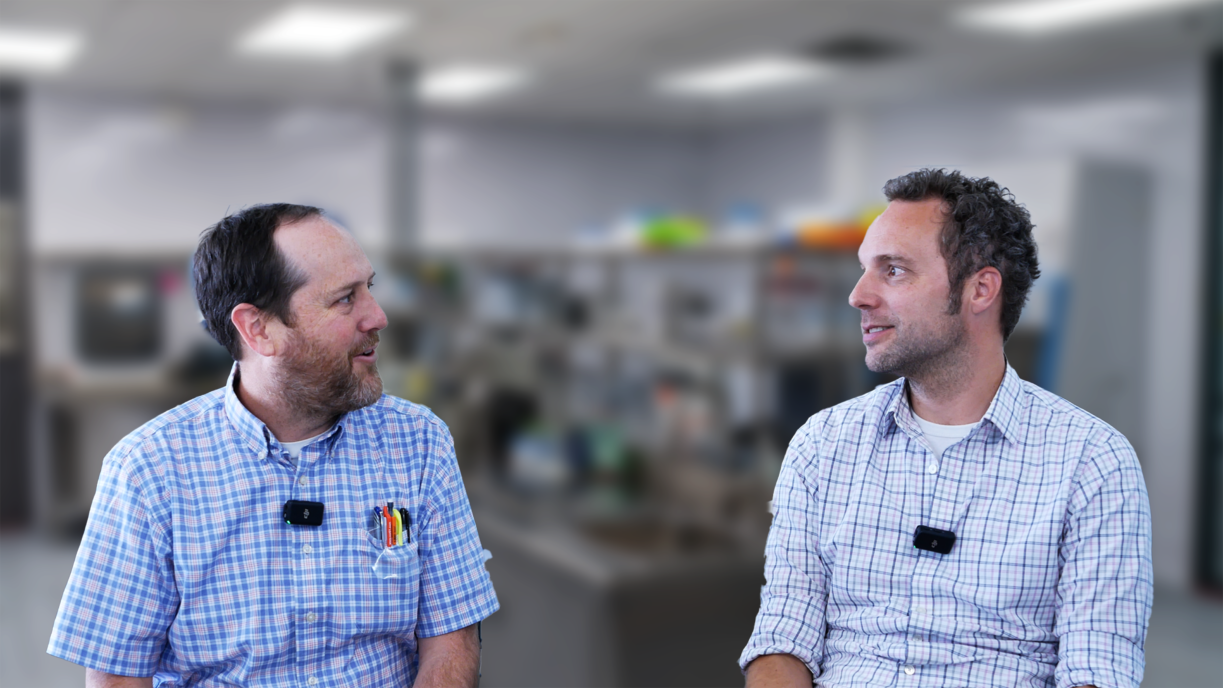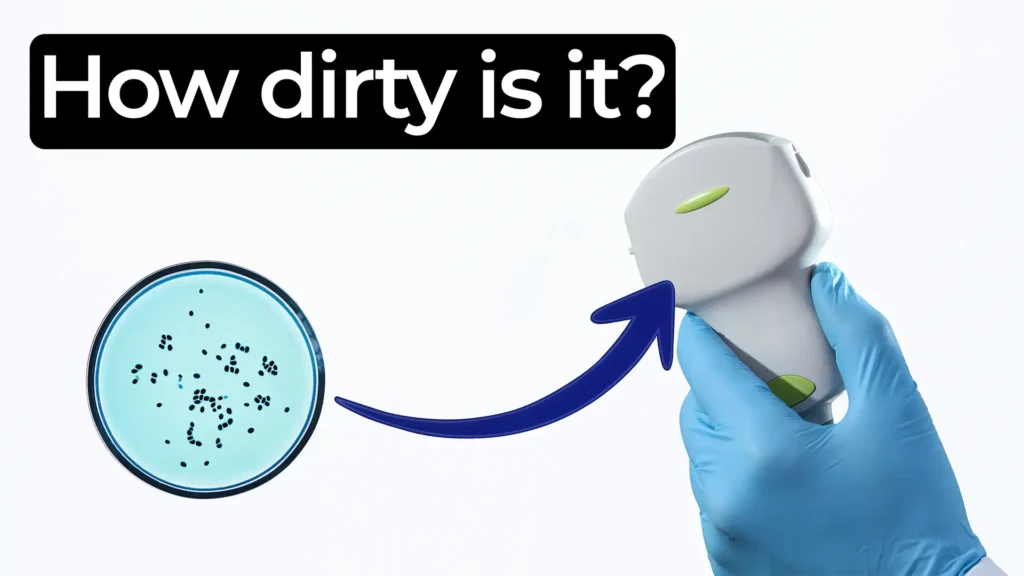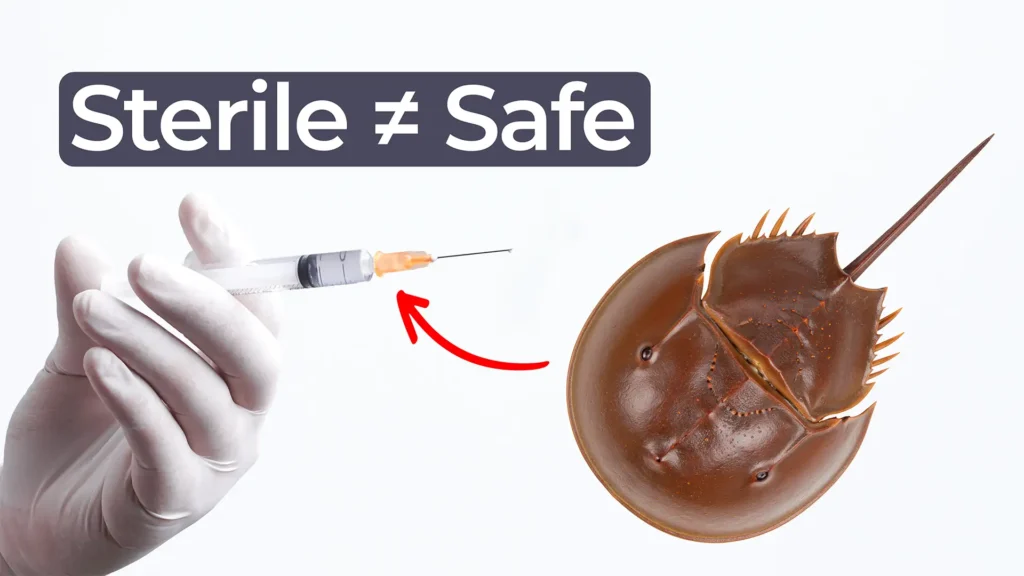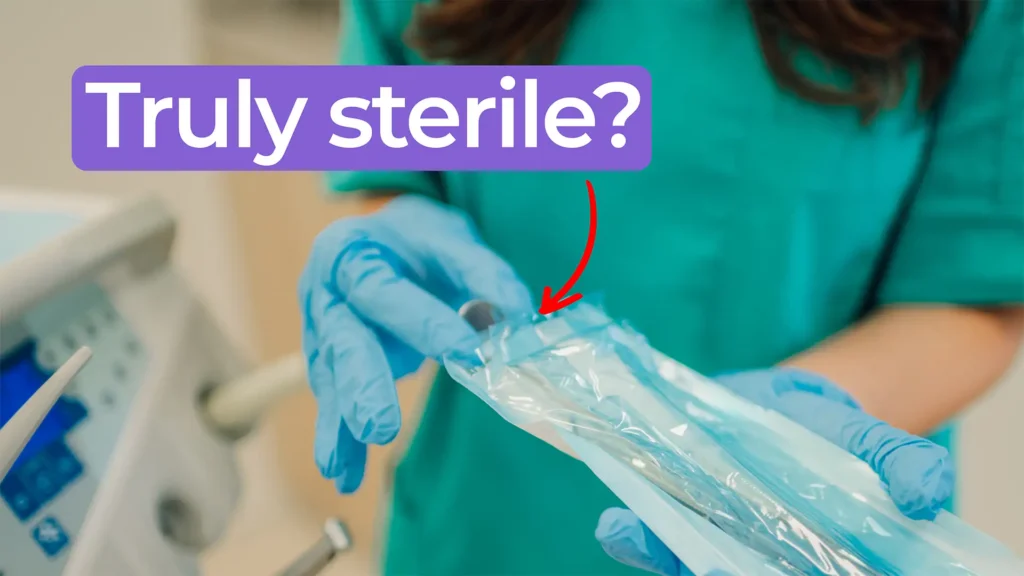
Bio Break: Types of Ablation
Not all ablation methods are created equal, and understanding the various types of ablation is crucial. In this episode of Bio Break, Nick and Joris explore the wide world of ablation technologies—unpacking how each approach works and what it’s best suited for.
Ablation refers to the targeted removal of tissue and is a cornerstone technology in many minimally invasive procedures. But depending on the application, clinicians may choose vastly different tools—from thermal ablation techniques, which are one of the many forms in the types of ablation spectrum, like radiofrequency (heat) or cryoablation (cold), to microwave ablation for larger tissue zones, to chemical ablation with injected compounds like ethanol.
While some of these techniques may sound extreme (ethanol injections into the heart or liver?), they offer physicians powerful ways to remove diseased or overactive tissues without open surgery. As Joris explains, each method carries distinct advantages—demonstrating types of ablation are tailored to specific needs—and the future holds even more promise.
Nick and Joris also delve into where ablation is heading next. With the rise of robotic systems in the surgical suite, ablation is a natural fit for precise, automated intervention. Pair that with AI-driven feedback, and surgeons will soon have real-time guidance on whether they’ve removed the right amount of tissue—or if they need to go further. It’s a smart step forward in patient safety and treatment efficacy.
Even more futuristic? Targeted ablation via nanoparticles. Imagine injecting a patient with magnetic or antibody-labeled nanoparticles that home in on the target tissue, and later activating them with an external trigger like heat or magnetism to destroy only the intended cells—leaving healthy tissue untouched. This method adds another innovation to the growing list of ablation types.
If you’re interested in minimally invasive technologies, robotics, surgical AI, or next-gen oncology solutions, this conversation offers a fascinating overview of types of ablation and how they continue to evolve. Whether you’re a MedTech innovator or simply curious about the tools behind cutting-edge procedures, you won’t want to miss this one.
Related Resources

Nick and Nigel explore how much bacteria can exist on devices and why it matters. They explain that bacteria are everywhere.


Nick and Nigel walk through how sterile disposables are processed and verified before they reach the field.

The sandwich ELISA assay is one of the most common ELISA formats used in diagnostics. Nick and Nigel walk through the method step by step using simple visuals and plain language.
